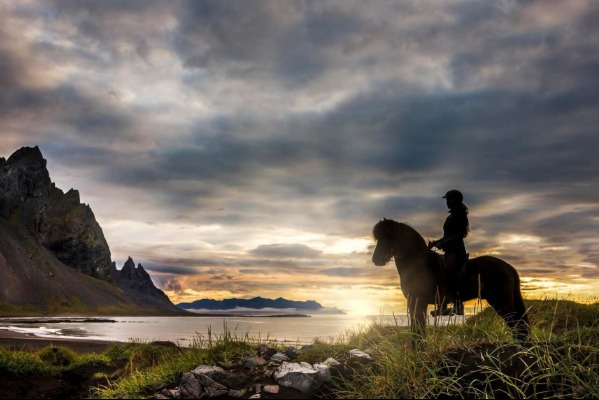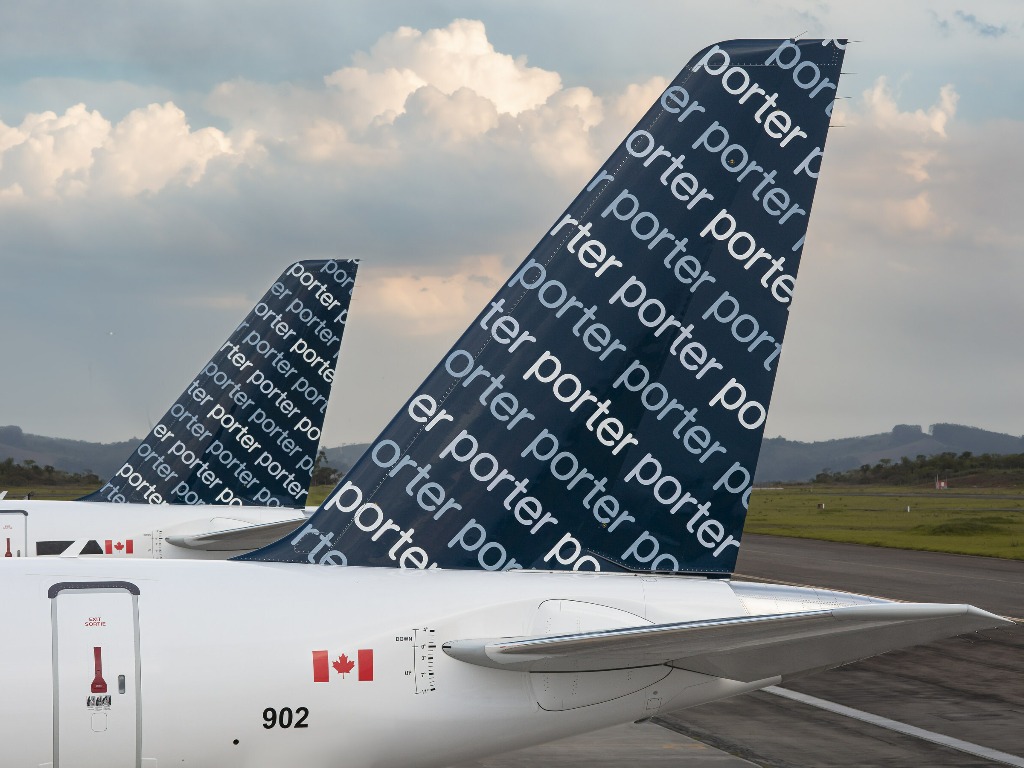Uncertainty In Uncharted Waters

How do destination marketing organizations and tourist boards promote their respective countries when travel comes to a standstill? They adjust and find new ways to drive engagement.
In the aftermath of travel restrictions, Sigríður Dögg Guðmundsdóttir, Head of Visit Iceland, says they shifted strategies to focus on giving would-be travellers something to dream about with the My Iceland Dream List campaign on social media.
“The First lady of Iceland, Eliza Reid and Ragga Ragnars (the actress who played Gunnhild in Vikings) and more people shared their favourite locations in Iceland and we have had very good response to that,” she tells Travel Courier. “We have also shared interesting news and inspiration from Iceland through newsletters and press releases.”
Now that international travel restrictions have started to ease up in Iceland (since June 15, travellers have the choice between a test for the virus on arrival or a two-week quarantine), the destination expects a rise in remote and isolated escapes, and is recommending visitors travel to its lesser visited regions with sparse landscapes and fewer people, which will help spread tourists and uphold social distancing.
 “The biggest challenge we face is perhaps uncertainty because we are trying to navigate in uncharted waters,” says Dögg Guðmundsdóttir. “During the last weeks and months we have focused on communicating the situation in Iceland to relevant groups and we have been in close cooperation with government officials. In Iceland we have been fortunate that the fight against COVID-19, led and fronted by health officials, has been successful to the point that it has drawn world attention… We look forward to be able to welcome visitors again in a safe and responsible way as travel restrictions are starting to ease in other countries.”
“The biggest challenge we face is perhaps uncertainty because we are trying to navigate in uncharted waters,” says Dögg Guðmundsdóttir. “During the last weeks and months we have focused on communicating the situation in Iceland to relevant groups and we have been in close cooperation with government officials. In Iceland we have been fortunate that the fight against COVID-19, led and fronted by health officials, has been successful to the point that it has drawn world attention… We look forward to be able to welcome visitors again in a safe and responsible way as travel restrictions are starting to ease in other countries.”
Travel agencies and tour operators are among the groups Visit Iceland has focused its efforts on through regular newsletters and practical tools such as the Iceland Specialist Program and webinars about the seven different regions of Iceland.
“With more insight to the destination through various means — webinars, specialist program to mention a few — the industry will be able to enhance their knowledge,” she adds. “People will probably be more cautious when travelling, wanting to know what countries have been doing and what they are doing to keep their guests safe. These are questions that the travel industry needs to prepare for.”


